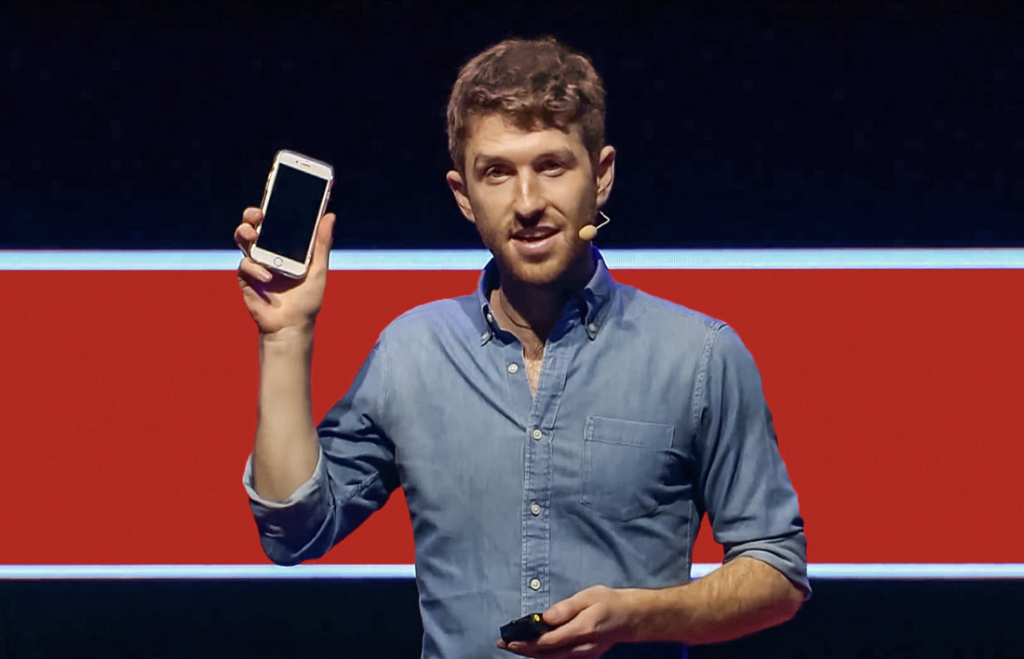By Daniel Moktar | 3 min read
As we bid farewell to the sacred month of Ramadan, teeming with serenity and righteousness, let us not overlook the lessons of introspection and self-control that we imbibed through active individual and communal acts of devotion, as well as the passive influences of our surroundings.
In those 30 days, one day feeling longer than the previous day, Muslims avert their gaze from mouth-watering glazed donuts to their light-emitting handheld devices, consuming an unprecedented amount of content than ever before due to the extra lazing hours of the day, as depicted in a research study entitled ‘Leading reasons people use social media during Ramadan in Malaysia’ published by Statista in 2023. While this increase is not inherently problematic, it does raise concerns about the content that has inundated our minds and the potential to negate the virtues of discipline and abstinence that we worked hard to cultivate.
This article seeks to elucidate the components of a sound media diet, guiding our discerning Muslim readers as they navigate the landscape of conscious consumption in pursuit of a fulfilling life. Turning to esteemed experts in technological and historical spheres, Tristan Harris and Yuval Noah Harari, who have repeatedly emphasised the concept of attention economy, where digital media companies consider users’ attention as tokens of currency to these tech companies. The decade old phrase œIf you are not paying for it, you’re not the customer; you’re the product being sold is representative enough of the role of consumers of digital media.
These companies use psychological tactics like the endless scrolling, notifications and alerts, likes, and followers to exploit our mental vulnerabilities, which can cause constant distraction and anxiety. Moreover, the reward system can create addiction and the need for constant validation, leading to detrimental effects on our mental health and well-being. These tactics can also lead to the spread of misinformation and the amplification of polarising content, referred to as an Infodemic. Such exploitation and manipulations are not conducive to a mindful and peaceful Ramadan.
œIf you are not paying for it, you’re not the customer; you’re the product being sold- Andrew Lewis
In tandem to that, exacerbation may ensue when machine learning algorithms are employed to analyse the duration of user engagement with various types of content mention Iosifidis and Andrews in their 2019 article entitled ‘Regulating the internet intermediaries in a post-truth world: Beyond media policy?’Â (see https://doi.org/10.1177/1748048519828595).
Learning users’ likes and dislikes, and then using this information to present content that will keep the user engaged for longer periods of time for further curation and personalisation of content may create an echo chamber effect, further widening the gap between ourselves and the world around us. One 2020 study by Choi et al. entitled ‘Engagement in Emotional News on Social Media: Intensity and Type of Emotions’ looked at the relationship between emotion and social media engagement and discovered that users are more likely to engage with emotionally intense news content.
Now that we understand the intricacies involved in creating our favourite digital media, we can focus our efforts on taking positive steps to cultivate a mindful media diet during Ramadan. As the Prophet Muhammad (peace be upon him) wisely advised, “We should not overfill our vessels, whether they be our stomachs or our minds.”

First and foremost, we must establish limits for our media consumption. This may entail navigating your phones’ settings and configuring screen timers for specific applications. It is crucial to avoid allowing digital media to consume excessive time and attention that should be devoted to other activities of the day. Muslims recognise the profound importance of approaching our media diet with caution and discernment. Just as we carefully select food for our bodies, we must further inspect news outlets for the content we consume. Recognising the importance of trustworthy information, we should be willing to invest in it, whether through paid subscriptions or alternative methods of circumventing paywalls. The adage from the great author Dr. Seuss, “Good things aren’t cheap, and cheap things aren’t good” comes in handy in our daily consumption.
Secondly, it is critical to read beyond the headlines. By reading articles in their entirety and seeking out multiple perspectives on a given topic, we can ensure a more informed and well-rounded understanding of the world around us by embracing these practices.
“Good things aren’t cheap, and cheap things aren’t good“ – writes Dr. Seuss in his book ‘Horton Hatches the Egg’
In the face of these new challenges, there lies a silver lining if we seize control of our attention and foster a conscious relationship with technology. Rather than succumbing to the allure of abundant Ramadan bazaars, brimming with tempting culinary delights, we must guard against mindlessly ingesting information that adds little to our knowledge. This is commonly regarded as “digital junk food”; content that is addictive, superficial, and provides little to no value or meaningful engagement. While a moderate dosage of entertainment is essential, we must reject exposure to harmful content, whether it be overt or subtle. We must embody discernment and conscientiousness, prioritising reason and mindfulness.
As mentioned earlier, in Malaysia, the holy month witnesses a surge in online video consumption, with YouTube searches escalating up to 40 percent. Social media usage also skyrockets as individuals engage in greetings and video consumption. It is also crucial to recognise the pervasiveness of artificial intelligence (AI) in shaping our media experiences. By exercising conscious consumption and being mindful of the content we engage with, we can ensure that our Ramadan is not only purposeful and serene but also fosters a harmonious integration of spirituality and technology. Let us be vigilant in navigating the digital landscape, making informed choices that align with our values and contribute positively to our well-being during this sacred time.***
